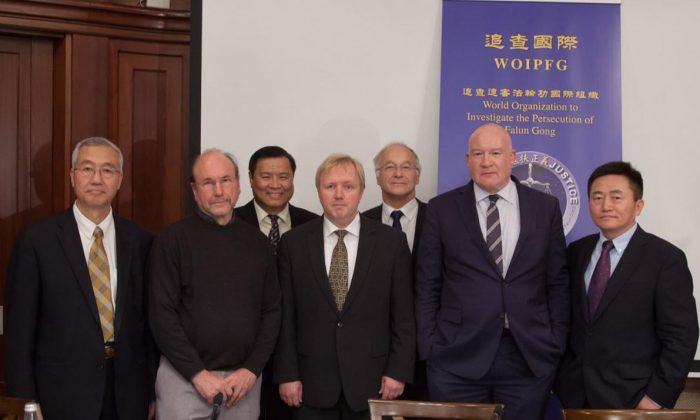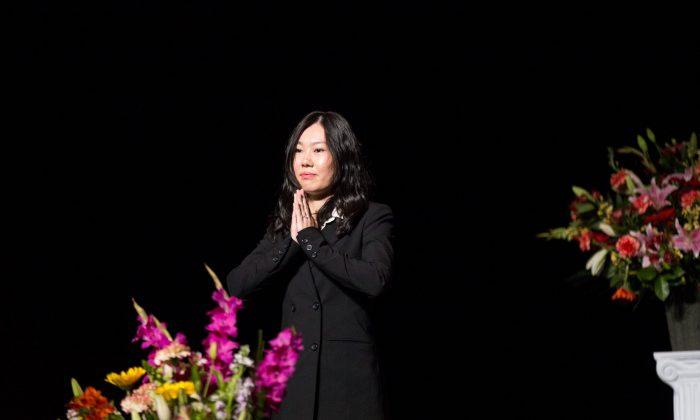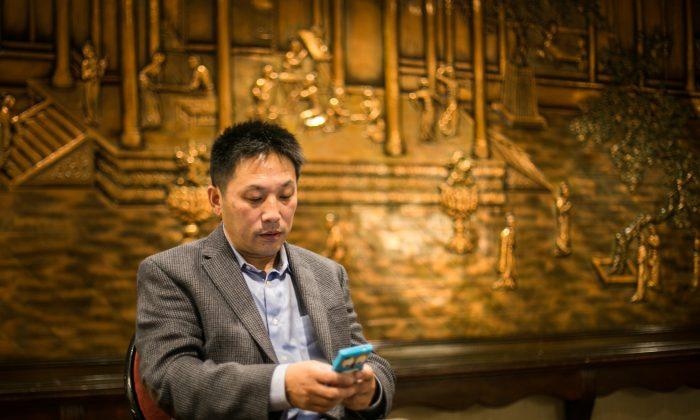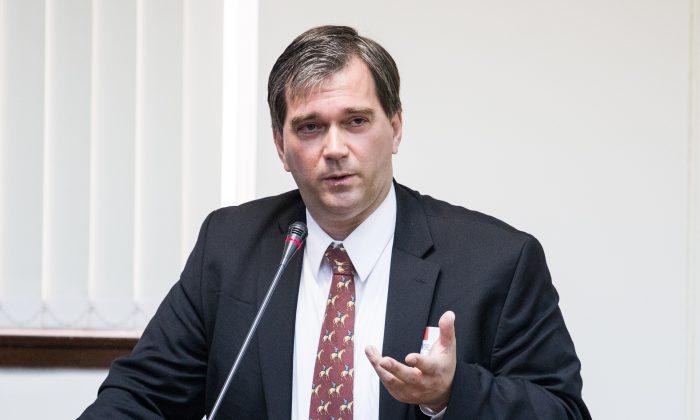Chinese hackers are suspected of having penetrated the defenses of the parliamentary computers of at least 10 federal ministers in Australia and exfiltrated thousands of emails.
News of the major security breach emerged at around midnight local time on March 28, but attacks took place over more than a month, government officials told The Daily Telegraph.
Four separate sources in the government told the Telegraph that they understood Chinese intelligence agencies were involved. It was U.S. intelligence that tipped off the Australians, who have now launched an investigation.
The hacked computers may not have been prized jewels for the Chinese, however, since they belonged to a network not chiefly used for sensitive communications.
Hackees included Defense Minister Stephen Smith and Foreign Minister Kevin Rudd; the Australian Prime Minister, Julia Gillard, was also struck.
Government sources told the Telegraph that they found it “deeply concerning,” adding that, “These claims need to be examined seriously.”
Chinese hackers—whether official or quasi-official—are among the most aggressive and bold in the world. Scores of high-profile hacking incidents over the last several years have been traced back to China, including the vast “GhostNet” which had ensnared over 1,295 computers in 103 countries, one third of them “high-value targets,” meaning that they belonged to embassies, banks, and news organizations.
The hackers may have found their jobs easier in the recent Australian case due to the lax standards for passwords employed by government departments. A recent study by the Australian National Audit Office found that 20 percent of the passwords it tested were able to be compromised using “brute force” cracking techniques.
News of the major security breach emerged at around midnight local time on March 28, but attacks took place over more than a month, government officials told The Daily Telegraph.
Four separate sources in the government told the Telegraph that they understood Chinese intelligence agencies were involved. It was U.S. intelligence that tipped off the Australians, who have now launched an investigation.
The hacked computers may not have been prized jewels for the Chinese, however, since they belonged to a network not chiefly used for sensitive communications.
Hackees included Defense Minister Stephen Smith and Foreign Minister Kevin Rudd; the Australian Prime Minister, Julia Gillard, was also struck.
Government sources told the Telegraph that they found it “deeply concerning,” adding that, “These claims need to be examined seriously.”
Chinese hackers—whether official or quasi-official—are among the most aggressive and bold in the world. Scores of high-profile hacking incidents over the last several years have been traced back to China, including the vast “GhostNet” which had ensnared over 1,295 computers in 103 countries, one third of them “high-value targets,” meaning that they belonged to embassies, banks, and news organizations.
The hackers may have found their jobs easier in the recent Australian case due to the lax standards for passwords employed by government departments. A recent study by the Australian National Audit Office found that 20 percent of the passwords it tested were able to be compromised using “brute force” cracking techniques.




